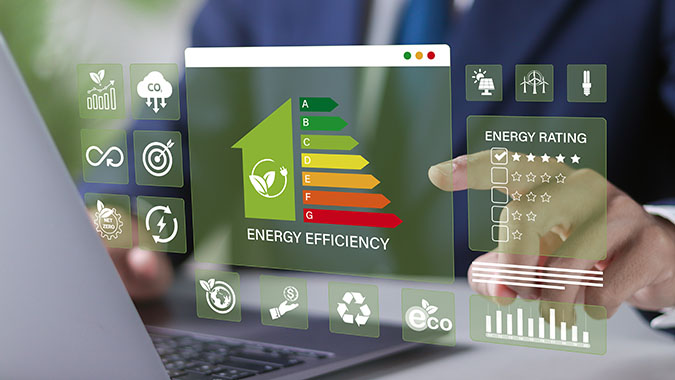NJBIA supports legislation advanced by an Assembly committee on Thursday that would expedite permit reviews for the installation of most types of residential solar energy systems by requiring New Jersey to adopt an automated online permitting platform for local communities to use.
The bill, A-5264, sponsored by Assemblyman Robert Karabinchak (D-18), was released by the Assembly Commerce, Economic Development and Agriculture Committee. An identical bill, S-4100, is sponsored by Senator John McKeon (D-27) in the upper house.
A letter of support signed by Environment New Jersey, NJBIA and 31 other business and environmental organizations that was sent to Assembly Speaker Craig Coughlin on Tuesday noted New Jersey had one of the slowest solar permitting timelines in the country in 2024.
“More solar installed will save New Jersey ratepayers more than $87 million by 2030 and add more than 560 clean energy jobs,” the letter stated.
Although the cost of installing solar panels has declined significantly in the past decade, local permitting delays in New Jersey are the main reason that approximately 22% of residential solar projects that apply for permits are cancelled. For the projects that do go forward, permitting and related barriers increase costs to homeowners by $3,800 to $4,500, the letter said citing an upcoming analysis by the Greenhouse Institute.
Adopting a web-based solar energy permitting platform would shorten permit approval timelines, reduce costs, and save local governments valuable staff time without sacrificing safety or code compliance.
“Tried and tested automated permitting systems, including the SolarAPP+ platform developed by the Department of Energy and the National Renewable Energy Laboratory, are free for government permitting offices to adopt and easy to use,” the letter stated.
“The software is already in use by hundreds of jurisdictions across the country and statutorily required for municipal use in two states.
“Installers submit detailed information about their proposed project to an online platform which automatically evaluates permit applications to ensure compliance with the relevant building codes and safety standards,” the letter said. “If an application meets all requirements, permit approval is granted immediately, allowing installation to begin right away.”
Under the bill, the state Department of Community Affairs would be required to establish and administer the State Smart Solar Permitting Platform that would be accessible 7 days a week, 24 hours a day except when down for maintenance. Local enforcement agencies would be required to submit applications for residential solar system through the state platform or an alternative solar permitting platform that meets the legislation’s requirements.




